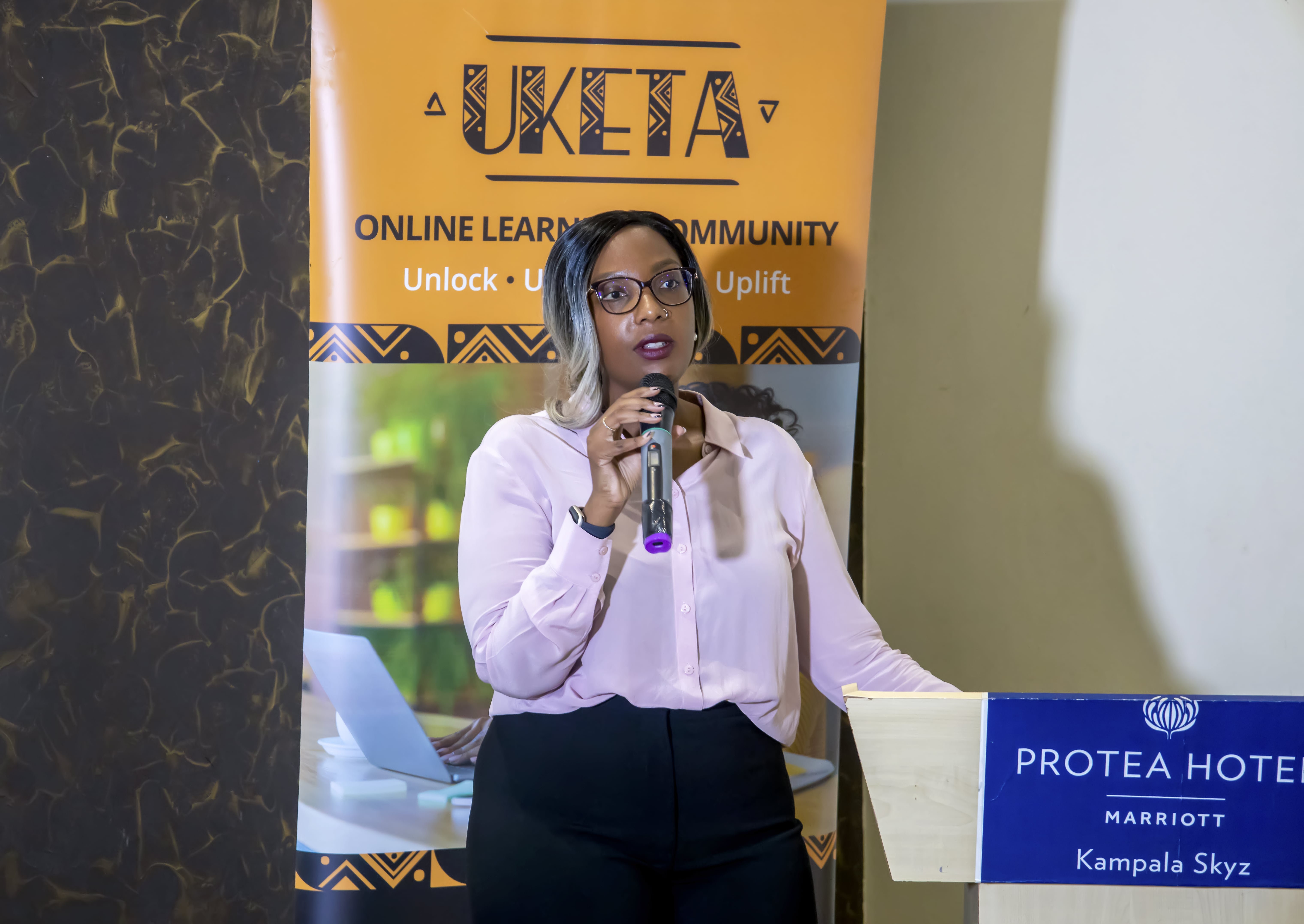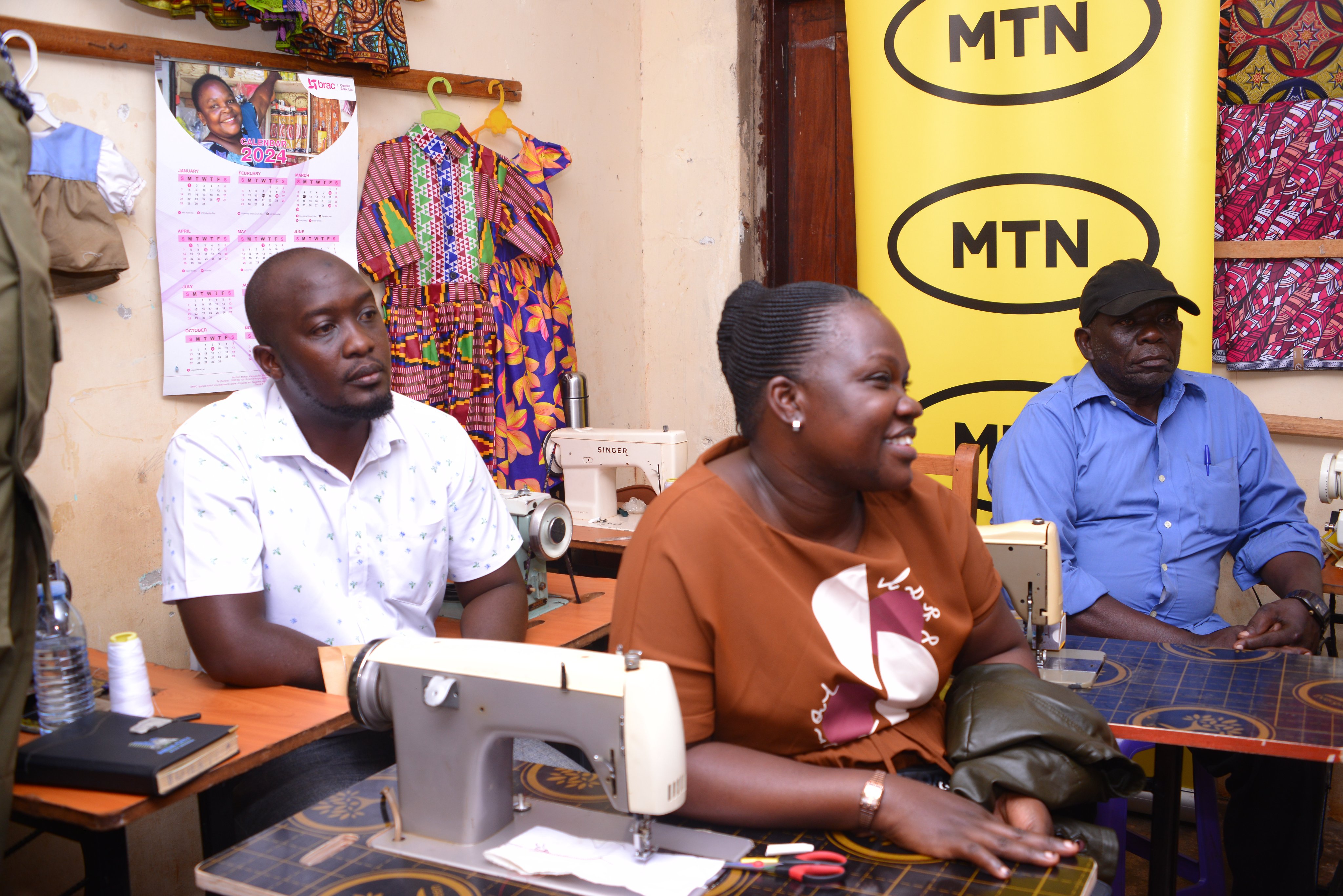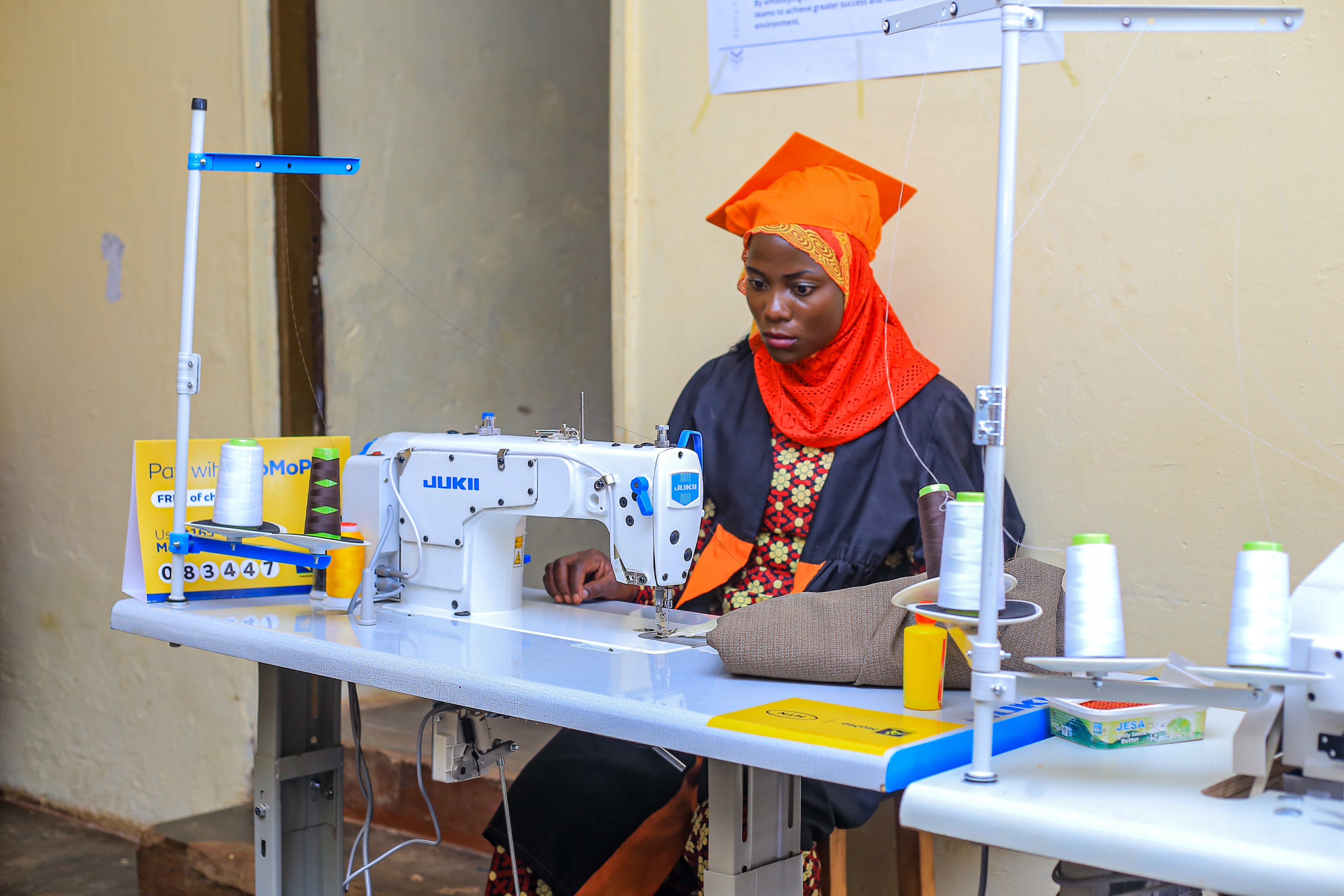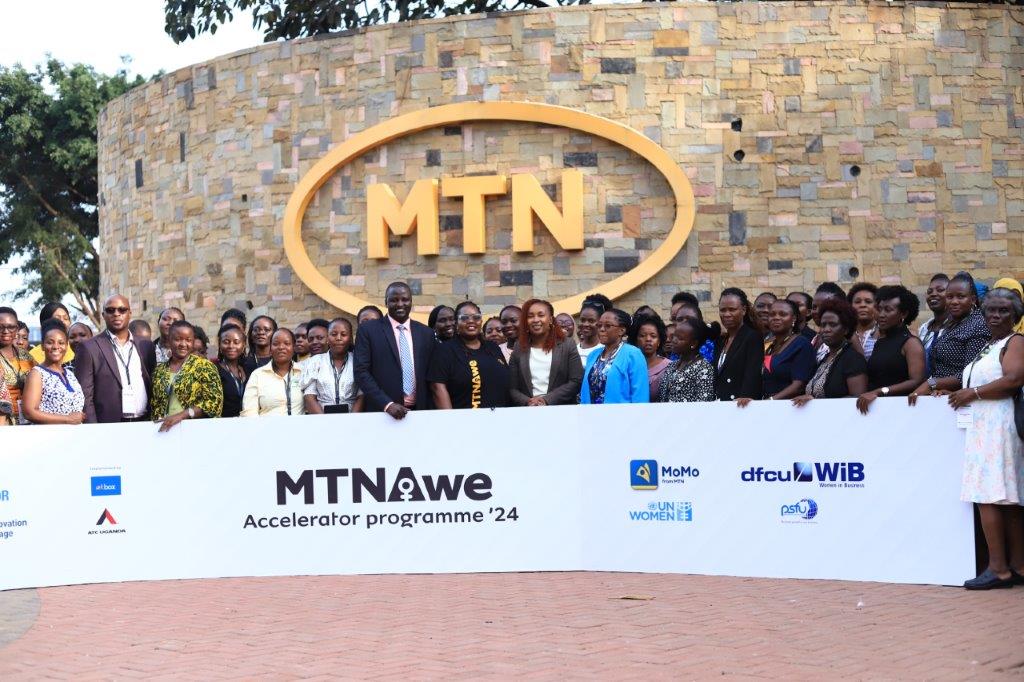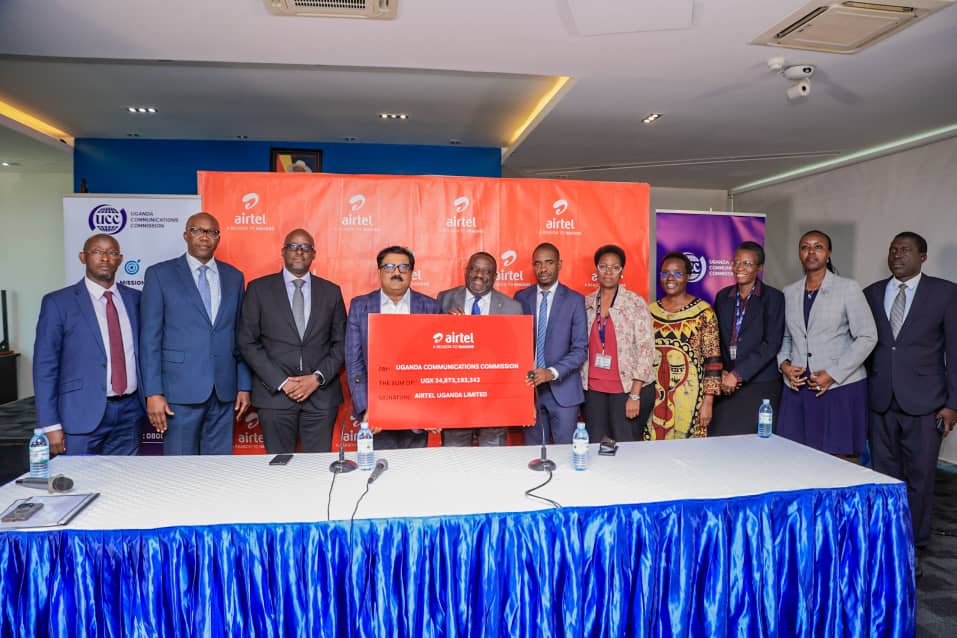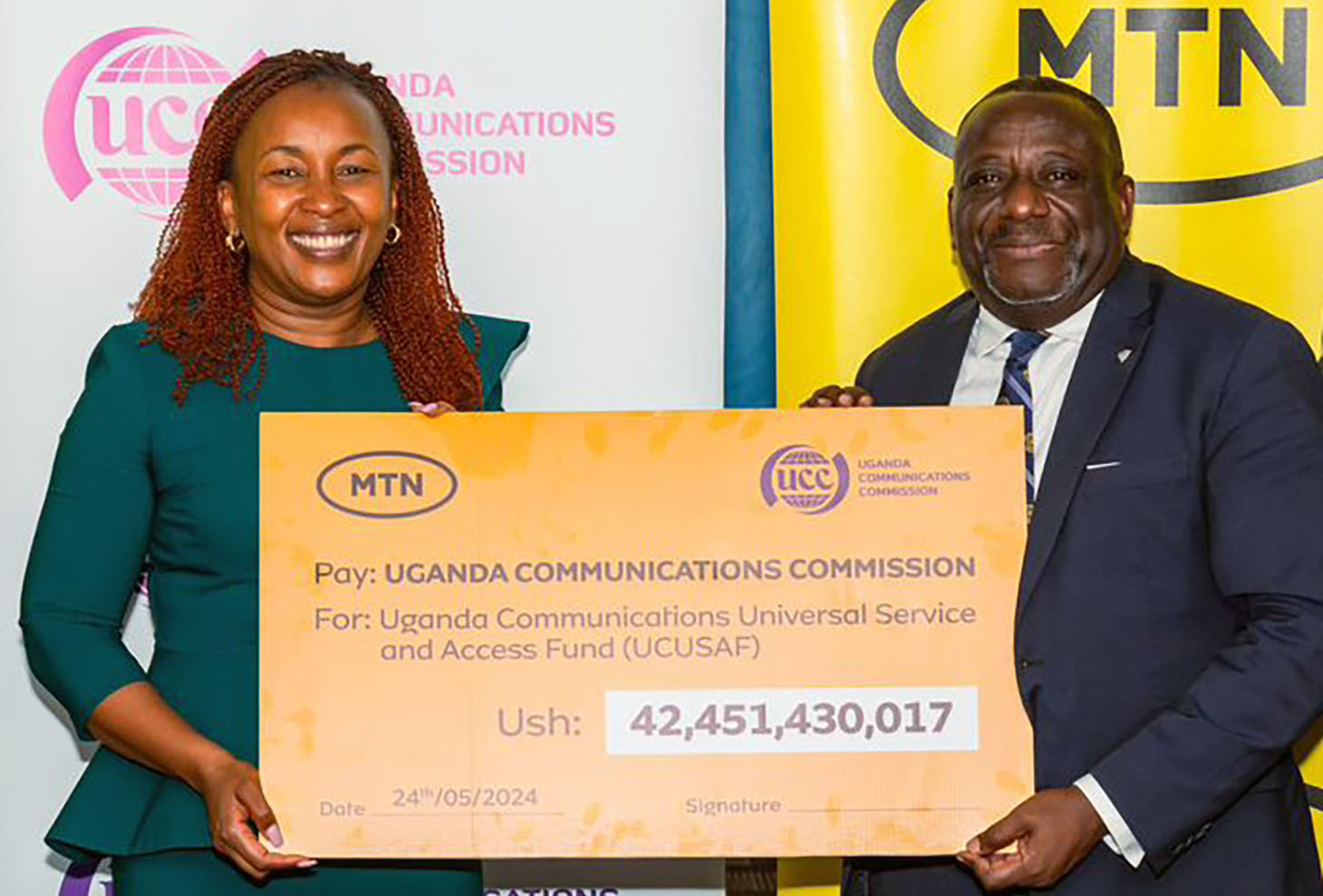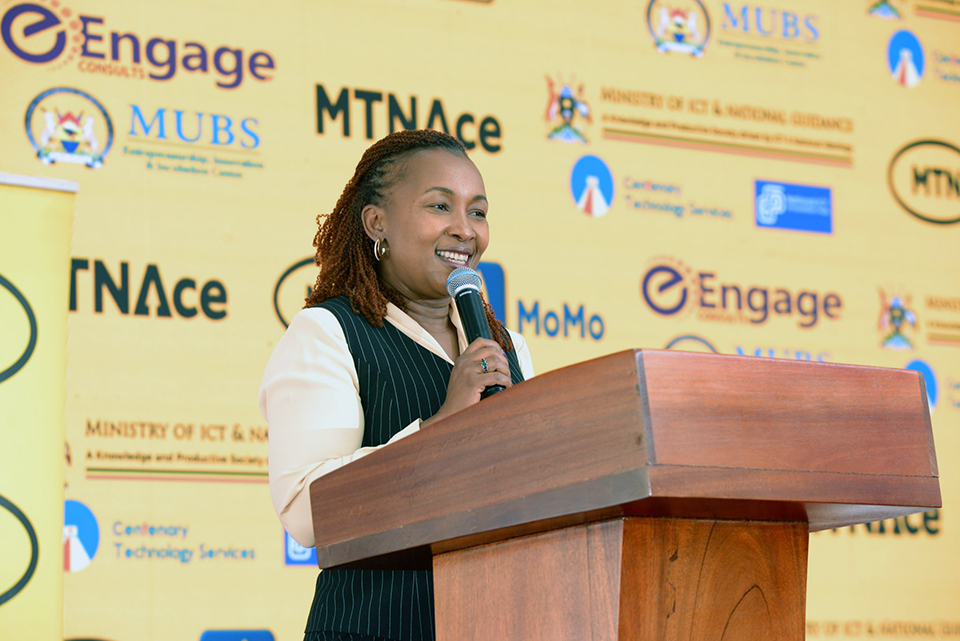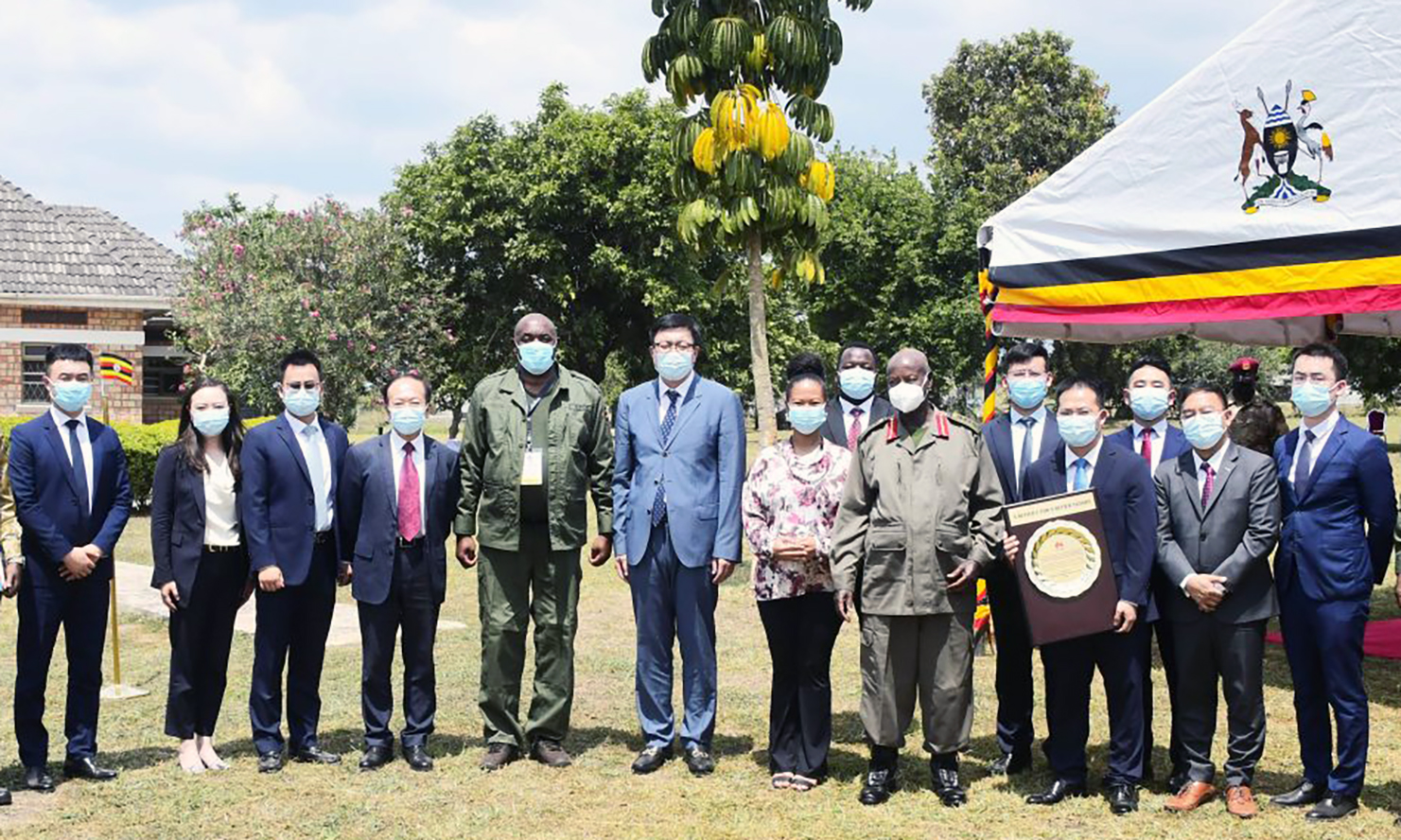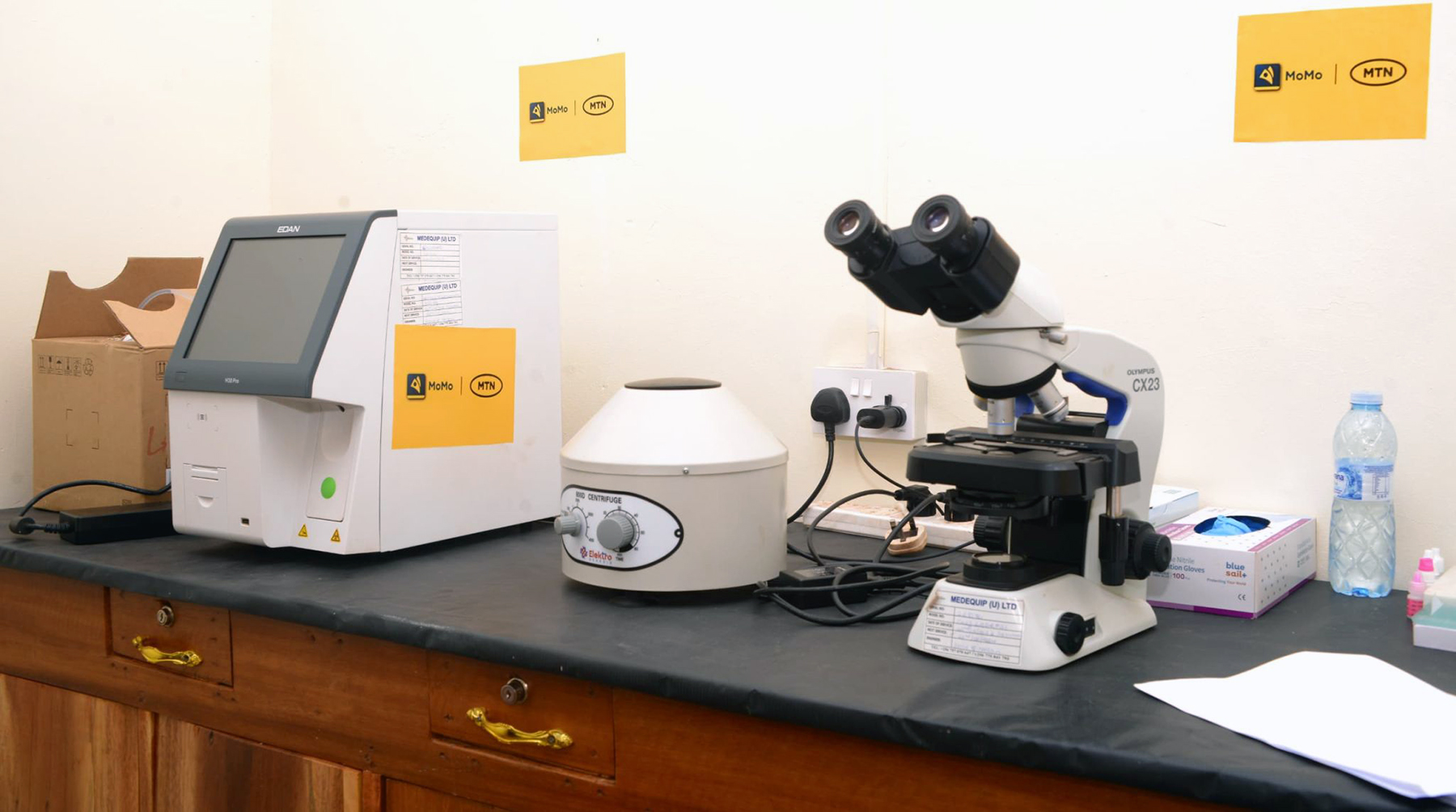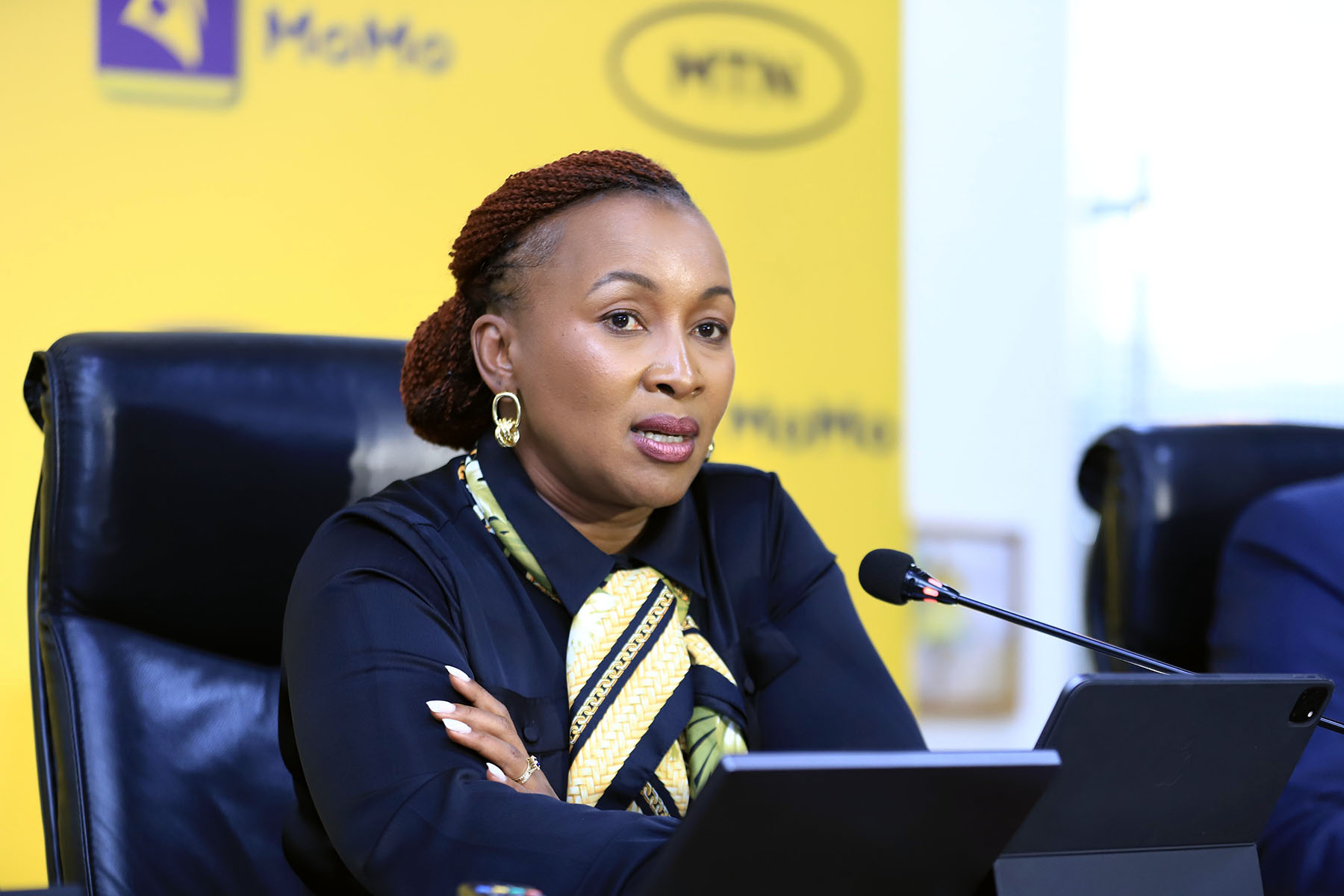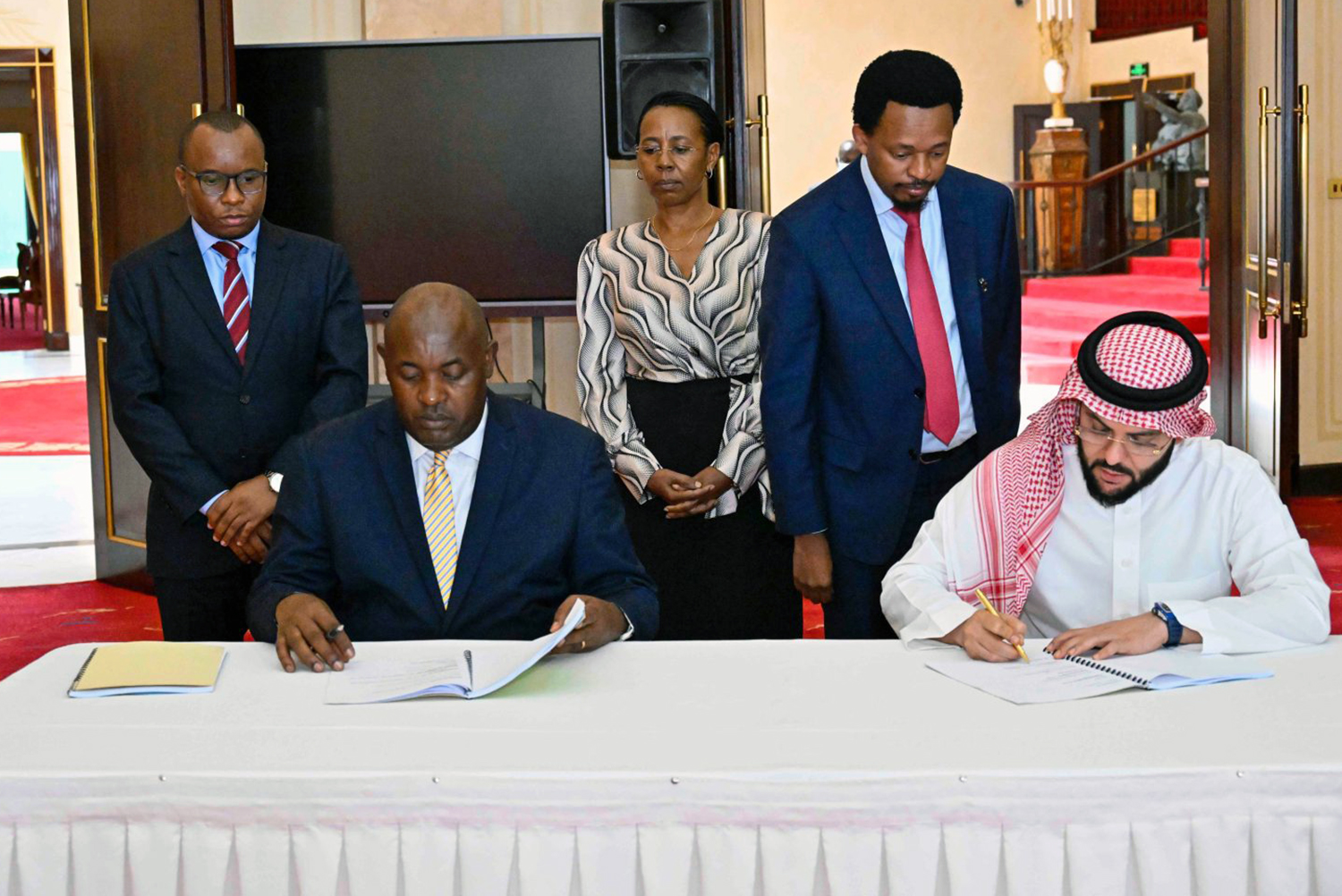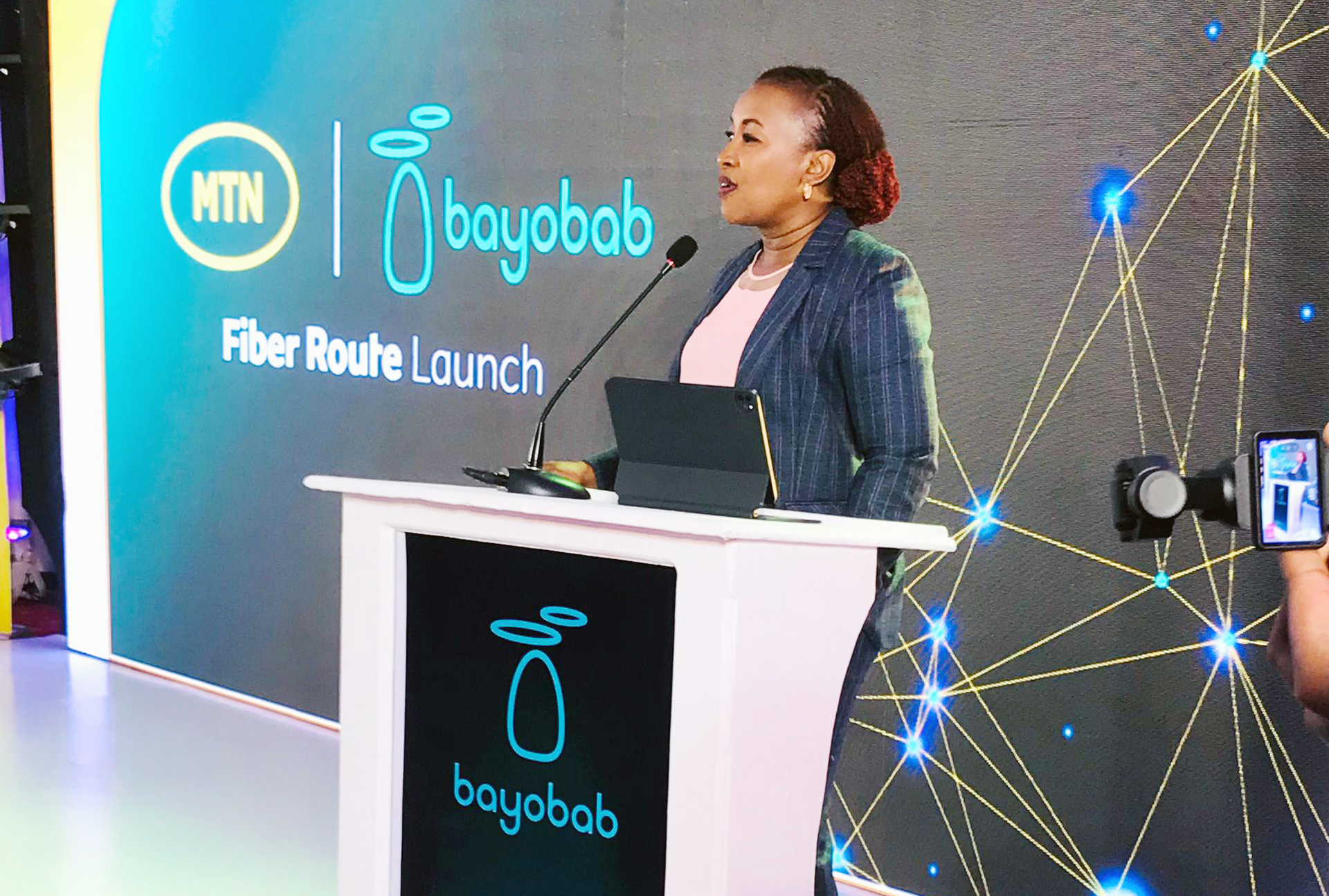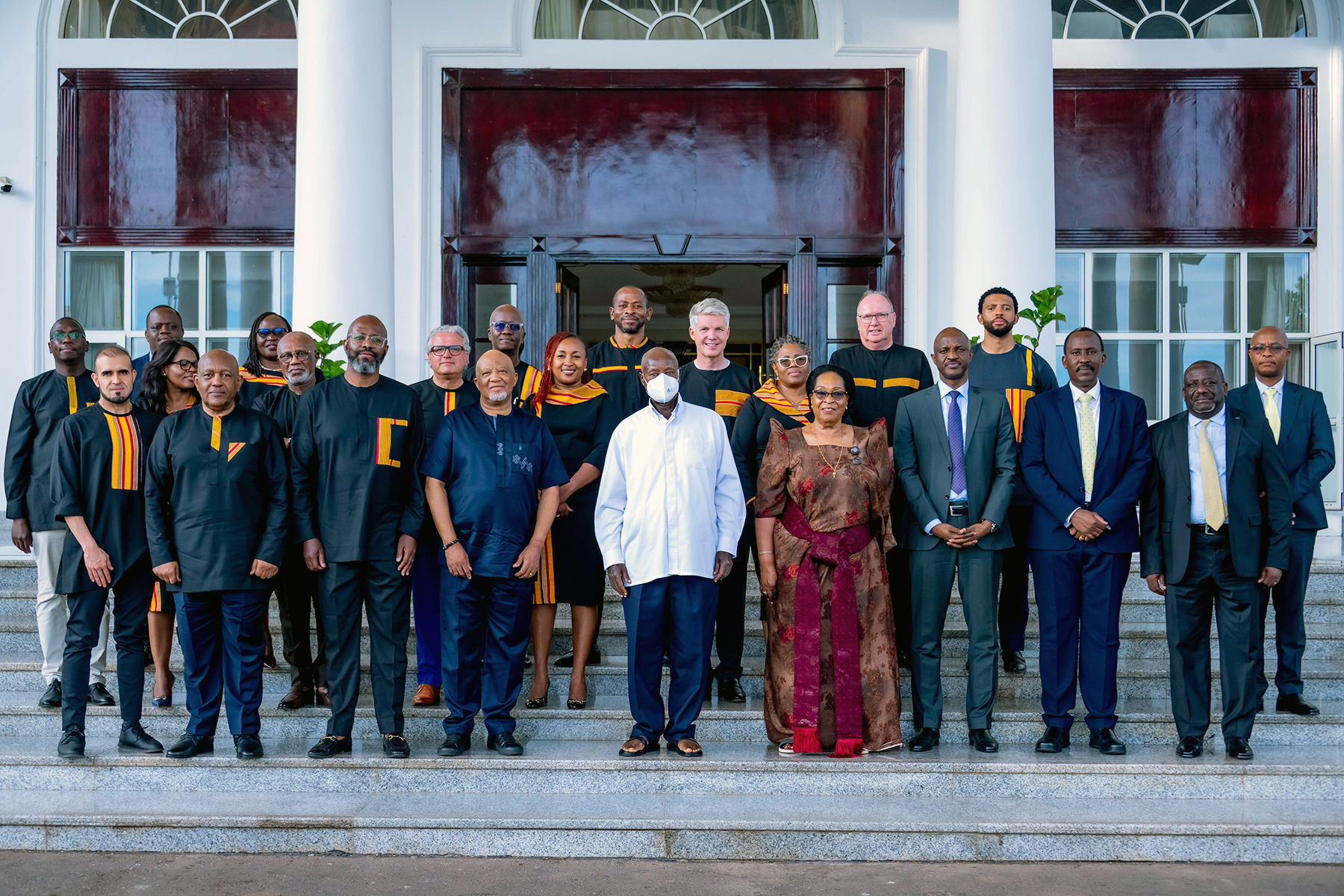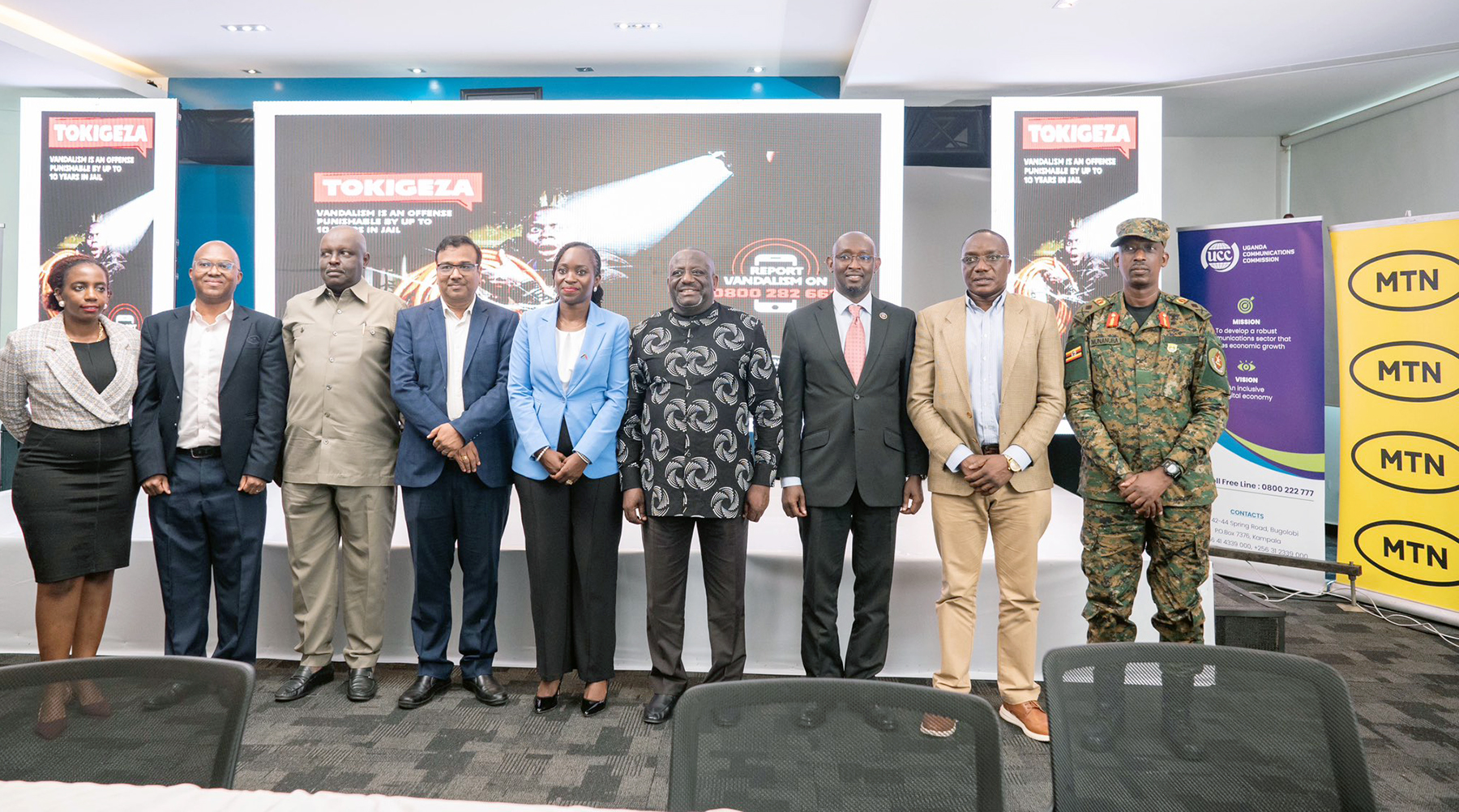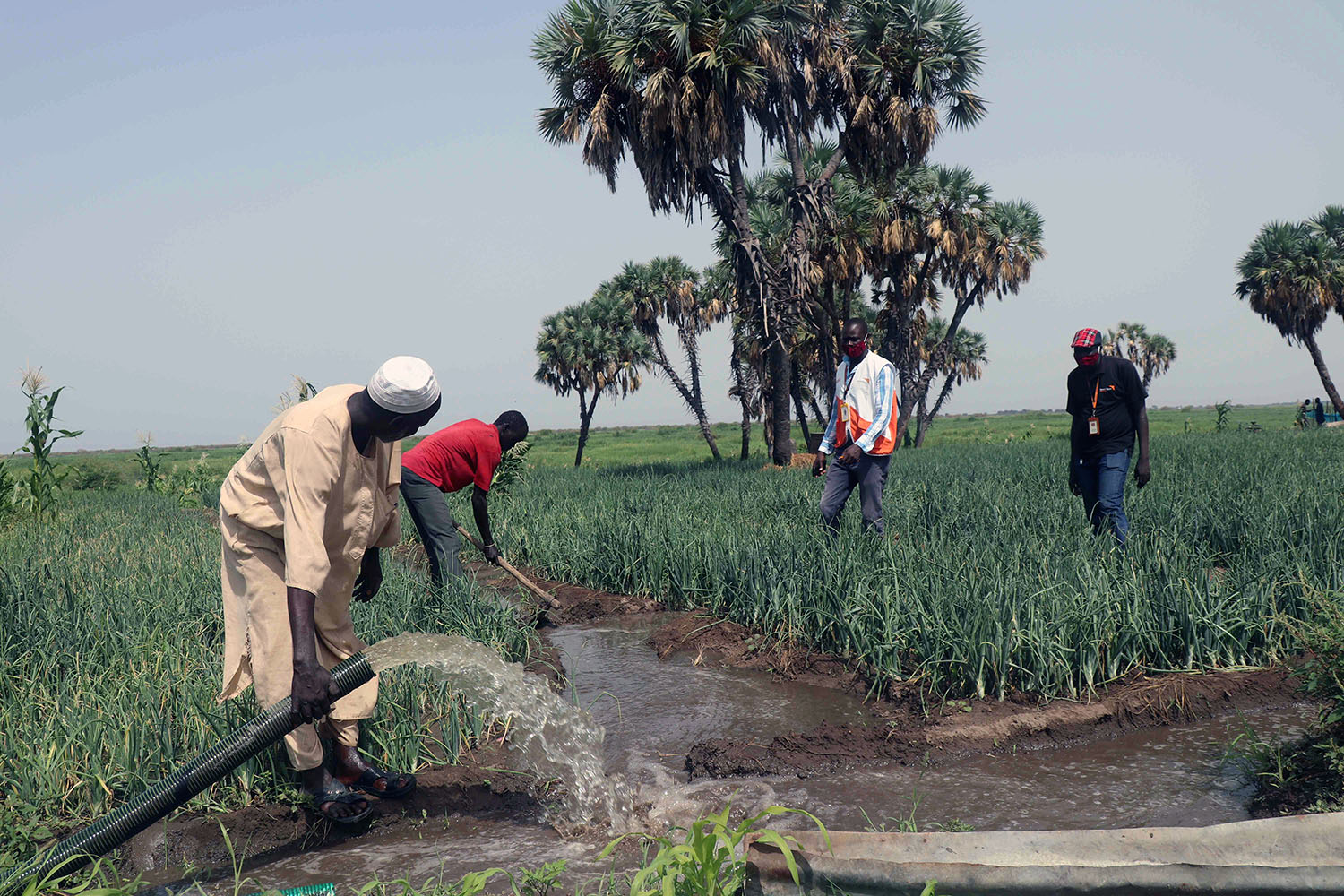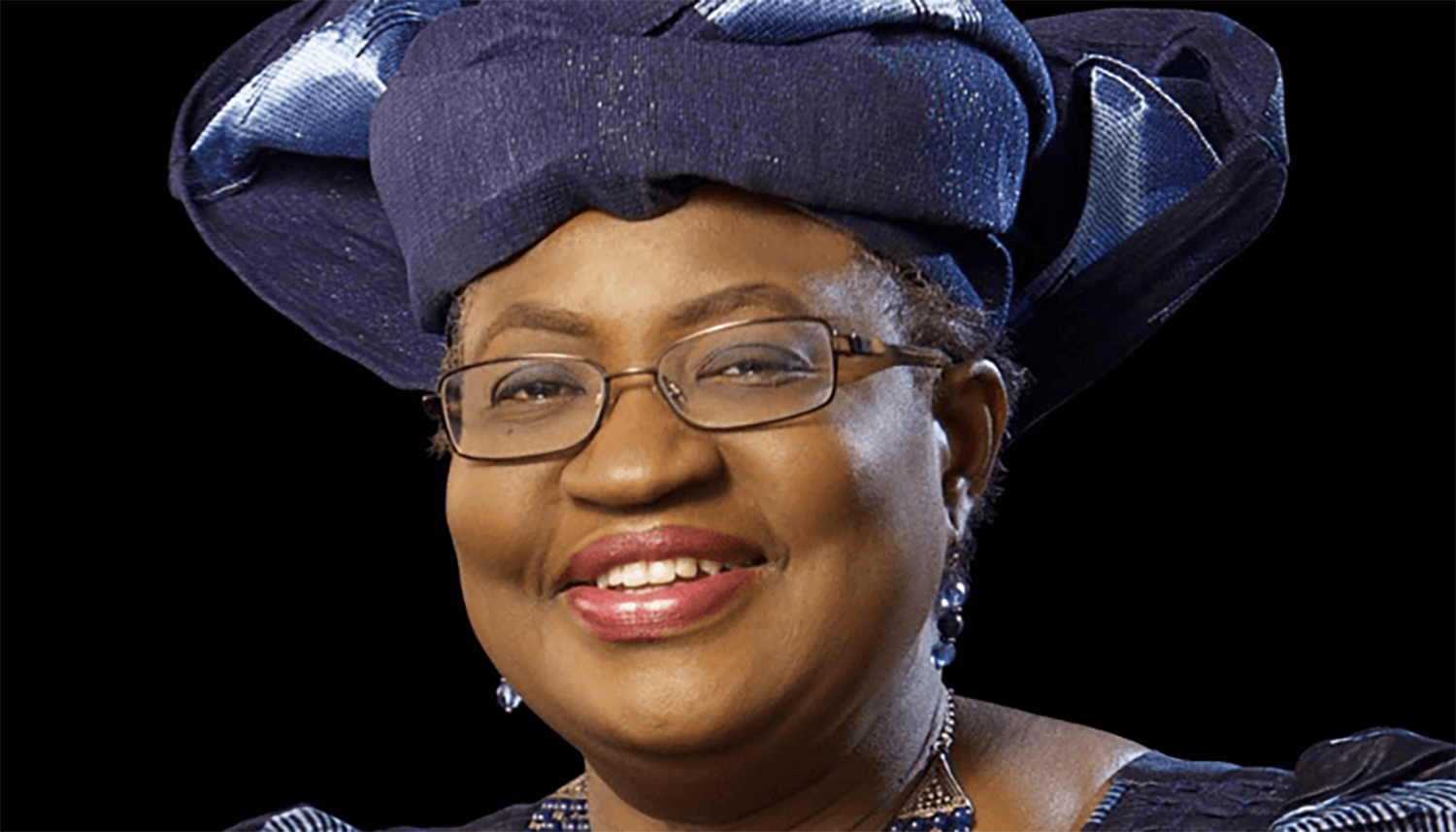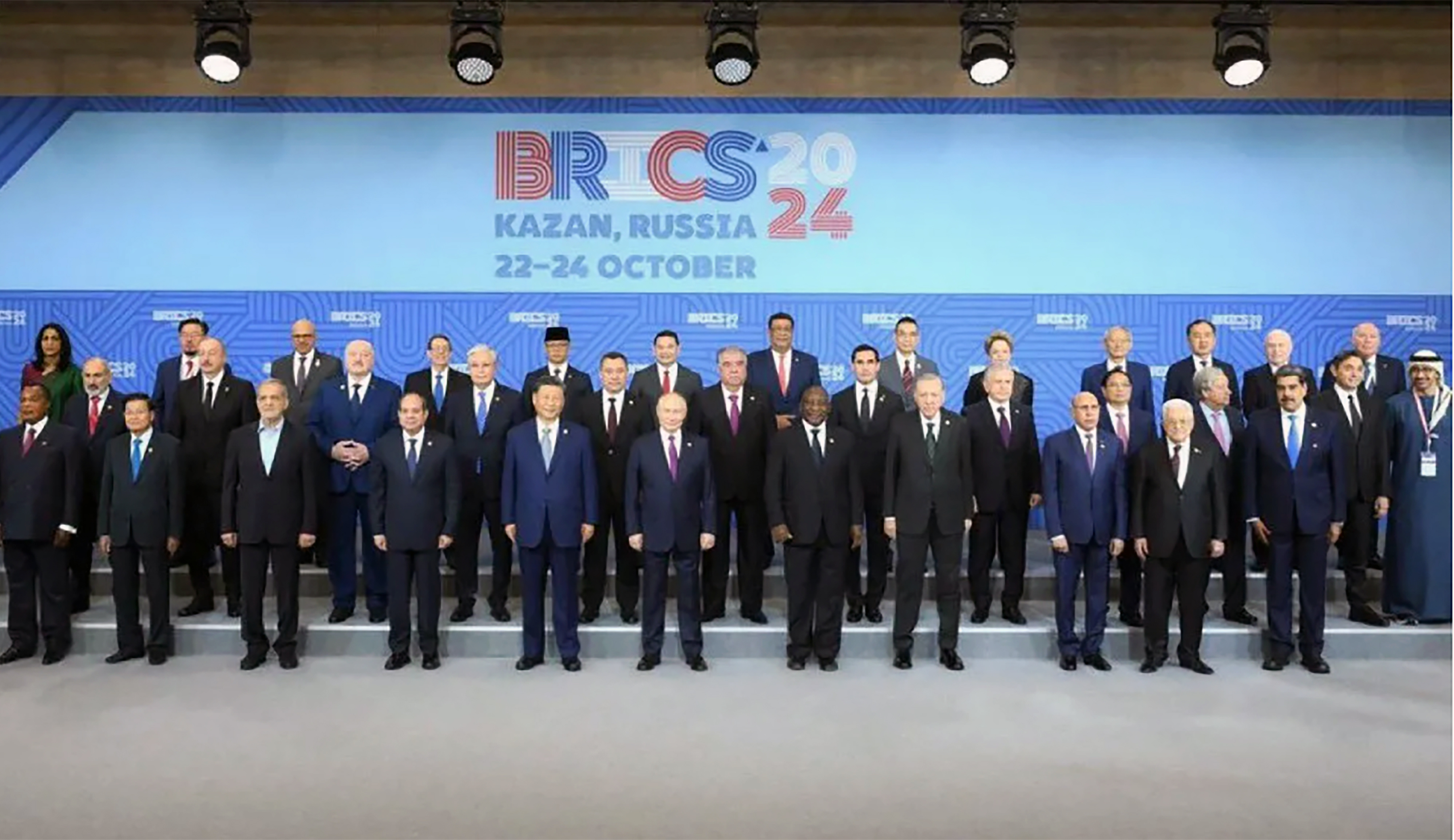Govt, MTN moot ambitious digital inclusion agenda
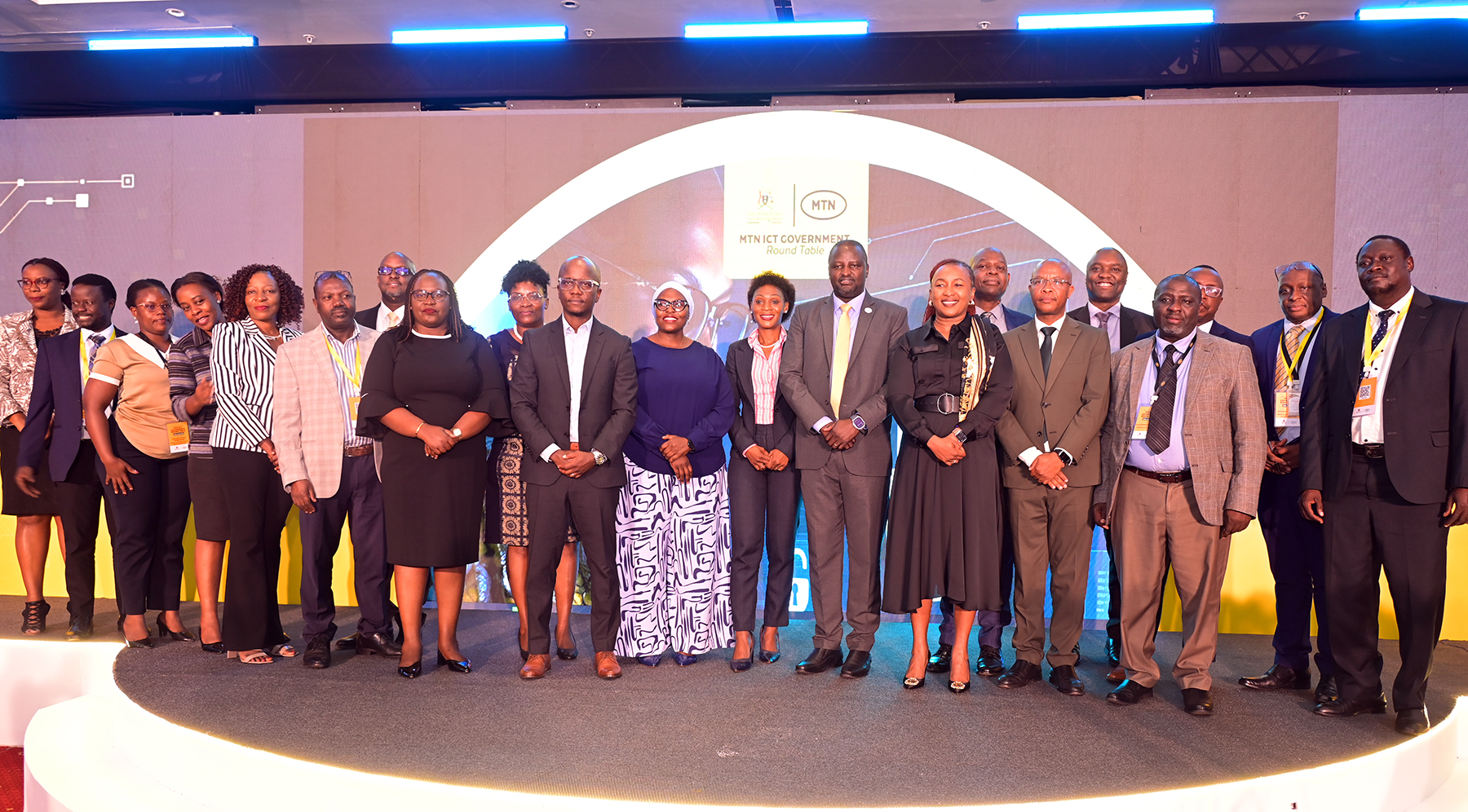
Top MTN Uganda executives pose with Government officials and heads of ICT departments at various MDAs at a Government Roundtable dialogue at Sheraton Hotel in Kampala on Thursday.
It’s not often that you find a room packed to capacity with the country’s top brains in the information, communication and technology (ICT) sector, and more so if they all representing public sector institutions such as Ministries, Departments and Agencies.
According to Ambrose Ruyooka, a commissioner and a top technocrat at the Ministry of ICT & National Guidance, all public agencies and employees now understand how the Government wants the ICT sector to be a key pillar in the country’s development agenda.
Speaking in Kampala at a forum whose objective was to accelerate the implementation of Uganda’s National Digital Transformation Roadmap, Ruyooka stressed the point that ICT is indeed “a priority sector,” which aims at the integration of ICT into every citizen’s way of life.
- MTN Uganda hosted the High-Level Government Roundtable in partnership with the Ministry of ICT and National Guidance, to lay strategies for a joint workplan featuring actionable frameworks and minimum viable projects (MVPs) that can be carried out through public-private collaboration.
The telecom giant, whose top managers insisted that the company has “transformed from a mere telcom into a techcom,” showcased their current digital capabilities including; Fintech, Cloud computing, Internet of Things (IoT), Managed Networks, and e-Government solutions, which have effectively positioned it as the preferred technology partner for different MDAs including NSSF, Electoral Commission, UBOS, NIRA, among others.
The one-day engagement brought together senior Government officials, policymakers, ICT leaders, and the MTN Uganda top executives to explore practical strategies for accelerating the implementation of the five-year National Digital Transformation Roadmap.
- Ruyooka insisted that that the country has sufficient infrastructure to support the implementation of the roadmap, whose purpose is to capitalize on emerging technologies, enhance economic competitiveness, and improve the lives of Ugandans.
Sylvia Mulinge, the MTN Uganda CEO, emphasized the importance of public-private partnerships in achieving an inclusive digital development agenda.
She insisted that MTN has invested heavily over time to ensure that the country’s digital transformation is inclusive, practical, and locally relevant and “unstoppable.”
“Through this Round Table, we are deepening our partnership with Government to co-create sustainable solutions that improve lives and enable Uganda’s digital vision,” Mulinge said.
She added: “One of the biggest value propositions that we have as MTN is that we are able to integrate all the various trends in our connectivity, as well as our fintech and infrastructure platform to provide an integrated solution that not only makes it cheaper for public service delivery but also provides the capacity to demand more in order to make every MDA truly unstoppable.”
- While positioning MTN Uganda as the preferred technology partner for MDAs, the interactive forum provided a platform to showcase the evolution of the company’s digital capabilities aimed at enhancing service delivery across the different MDAs.
- “We are showcasing solutions that can immediately add value to public service delivery—from secure cloud infrastructure to smart government platforms and managed connectivity. Our goal is to walk this journey hand in hand with Government, building what matters most to citizens,” said Ibrahim Senyonga, the General Manager for MTN’s Enterprise Business Unit.
One of the key challenges that were highlighted at the event was the fact that data in the different MDAs was scattered (stored in silos) and poorly integrated, which makes it hard to use for decision-making and effective service delivery.
Also, the rapidly evolving ICT landscape is putting serious strain on the traditional IT environments in many MDAs, which find it difficult to cope due to various challenges including limited funding, access to equipment and training for staff.
Nevertheless, the participants were told that the ICT sector continues to grow at an average growth rate of 14.8% and contributes 9% to Uganda’s Gross Domestic Product (GDP). The growth is a result of a combination of policy decisions and investments that have led to the scaling up of infrastructure coverage, increased internet penetration and the rolling out of e-services among others.





